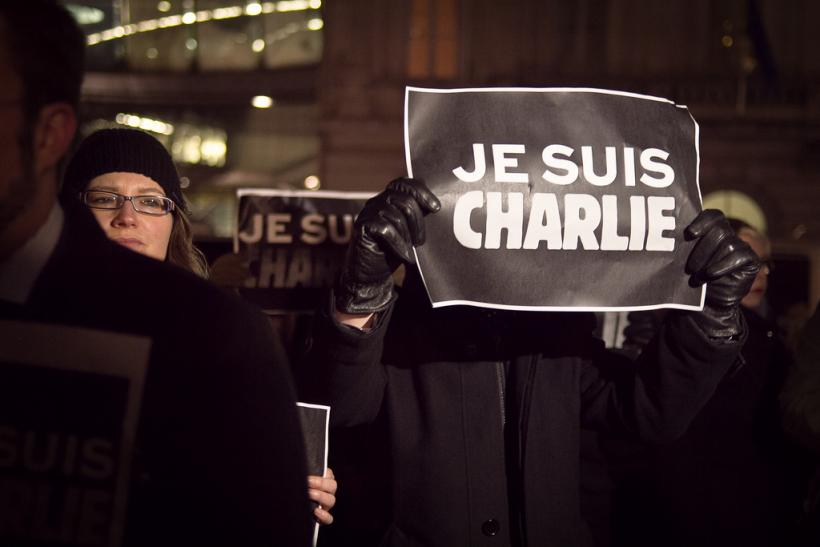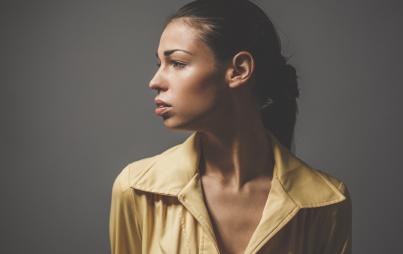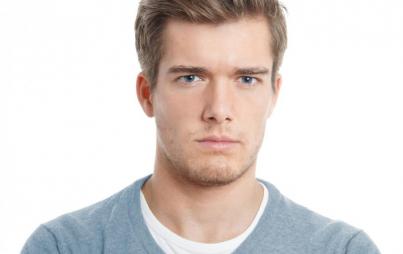
Privilege, it seems like, should end at death. Whether you're white or black, rich or poor, male or female, dead is dead—it doesn't discriminate. Mortality, at least, is a democracy. It robs us all, equally.
It can, then, seem cruel, or confused, to point out that someone who has just been horrifically murdered occupies, or occupied, a privileged position. At my website, The Hooded Utilitarian, cartoonist Jacob Canfield wrote a piece in response to the murder by Islamist extremists of cartoonists and others at the magazine Charlie Hebdo. Jacob condemned the killings. But he also argued that many of the Charlie Hebdo cartoons used racist caricatures of Muslims. "White men punching down is not a recipe for good satire, and needs to be called out," he insisted, in perhaps the piece's most quoted line.
Again, many commenters feel that this is a deeply, and even cruelly, misguided sentiment. You can't punch down when you're dead. If Charlie Hebdo's creators had any privilege or power, they have now lost it, and speaking about it seems, at best, in bad taste. Whiteness and maleness, after all, did not save them from death at the hands of a people who were not white. What good or real worth is there in privilege, if it doesn't protect you from violent execution?
This argument sounds convincing. But I think it's flawed.
Privilege, after all, is not a mantle of invulnerability. It's a structure that, in general, empowers some and disempowers other. It is not all-encompassing—if it were, white men would never die. But it is nonetheless pervasive.
And if you step back just a little, you can see how pervasive it is from the Charlie Hebdo tragedy. After all, those at Charlie Hebdo were not the only ones to die last week. Syria's deadly civil war rages on—and the recent massacre by Boko Haram in Nigeria, with 2,000 dead, has not prompted anyone that I've seen to start putting "I am Nigeria" on their Twitter avatars.
Death takes you from yourself, but society, and privilege, have a more tenacious hold. Who is remembered and who is memorialized has everything to do with race, with class, with where you lived and who, in life, you were. The events of 9/11 prompted massive geopolitical shifts and multiple wars not because people died, and not because more people died than ever before, but because the people who died were, proportionally, relatively rich, relatively white, and relatively Western. Privilege made their deaths visible and powerful in way that the deaths of, for example, Rohingya Muslims in Burma are not.
This, I think, is the point, or one chief motivation, of the #BlackLivesMatter movement, and of the post-Ferguson protests in the U.S. Before the protestors organized, black men, and black women as well, died in police shootings, but those deaths were largely invisible. They were considered inconsequential, and therefore could have no public effect or weight. The grand jury non-indictments of Michael Brown, and especially of Eric Garner, who was shown being strangled to death on video, emphasize the extent to which privilege, or the lack thereof, continues to suffuse even the dead. The #BlackLivesMatter movement is trying to demonstrate, then, not just that black lives matter, but that black deaths matter. And, in fact, the two are inseparable. To matter in life, you have to matter in death, and vice versa. When society does not honor you in death, it is a sign that you were not privileged to live a life that society cared about.
This isn't an attack on Charlie Hebdo's many mourners, in France and abroad. The murders were vicious and horrible and shocking. They were a clear assault on freedom of expression, a core value of France, and of the U.S. as well. It's not surprising that many people have found the story riveting, nor that they have empathized strongly with the victims.
But while the empathy is understandable, it is also a privilege. Compassion and attention are scarce resources, and in general they are apportioned out on familiar lines. Some of the dead have flowers placed on their headstones; some are dumped in unmarked graves. And while the distinction makes little difference to those who are gone, it matters a lot to those of us left behind.
Image: Flickr/Valentina Cala






